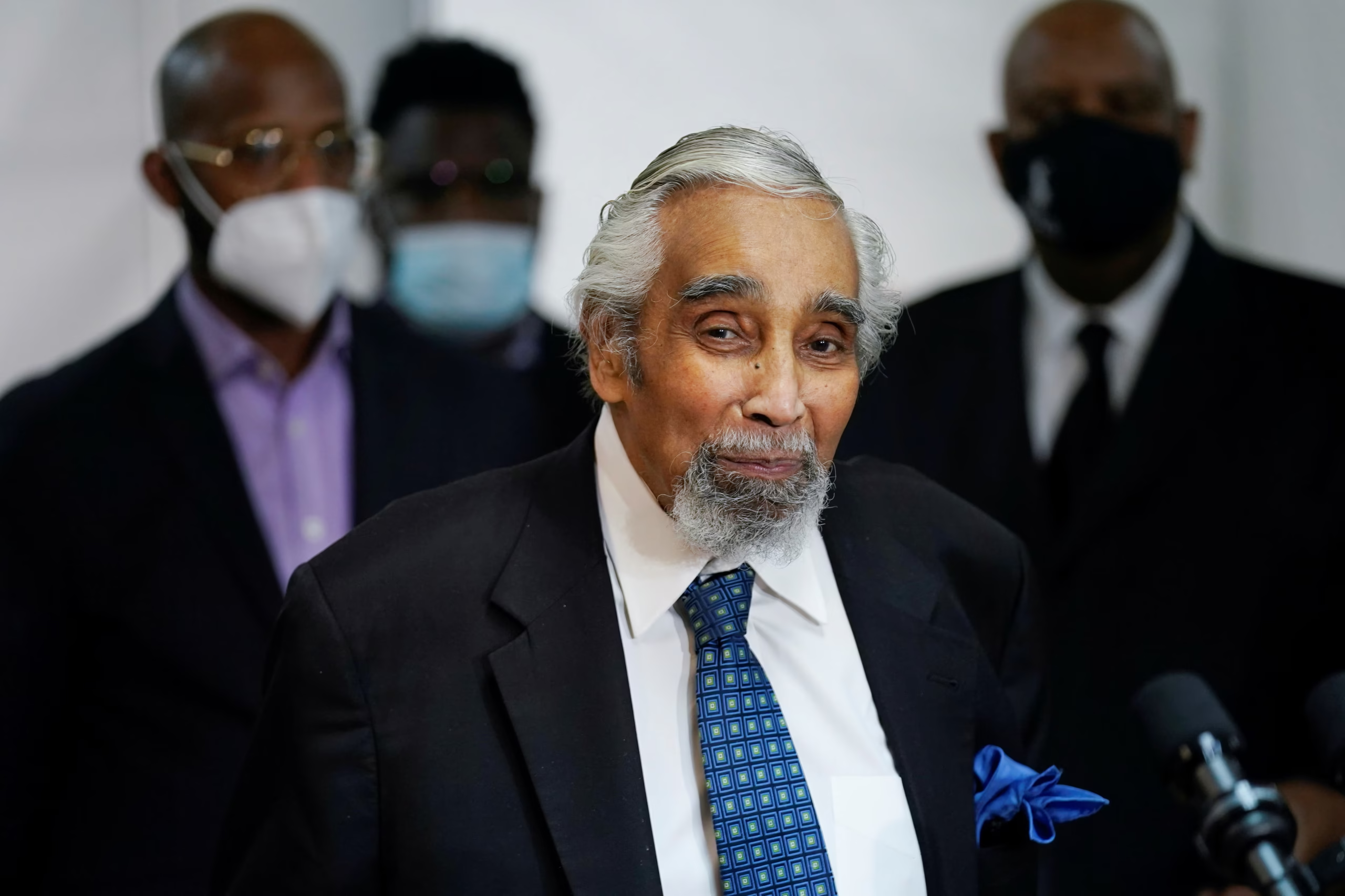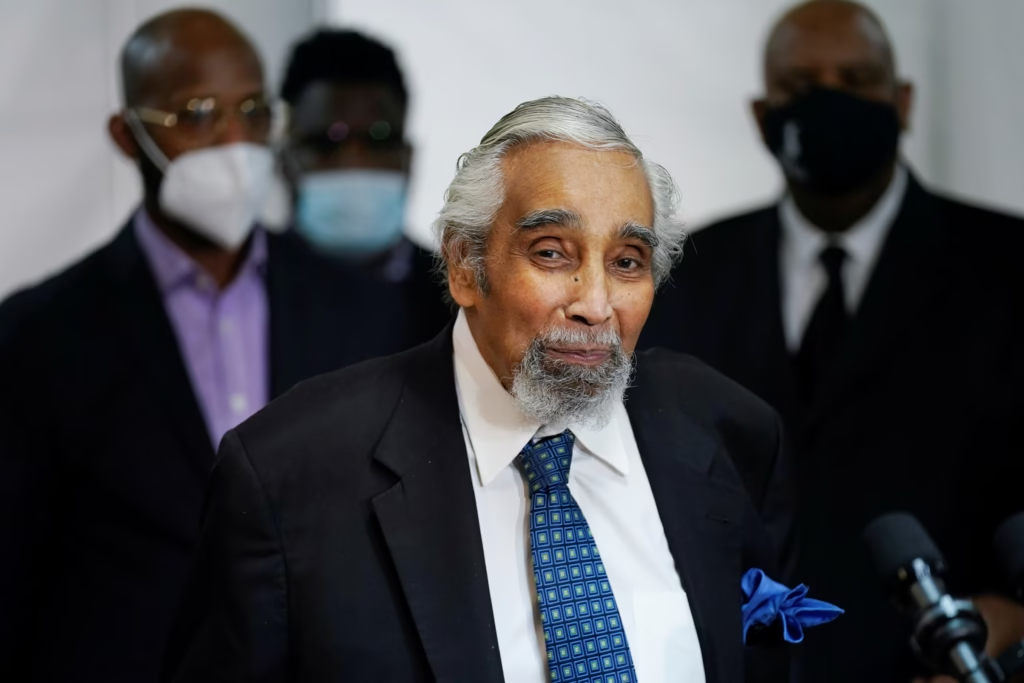
Charles B. Rangel, a legendary figure in American politics and a fierce advocate for Harlem’s voice in Congress, passed away on May 26, 2025, at the age of 94. His life journey—from a struggling youth in New York City to a decorated war veteran and one of the most influential lawmakers in U.S. history—reflects a story of courage, resilience, and lifelong service.
Humble Beginnings and Heroism in War
Born in Harlem on June 11, 1930, Rangel was raised in poverty. Dropping out of high school as a teenager, he turned his life around by enlisting in the U.S. Army. During the Korean War, he led fellow soldiers to safety after being wounded and surrounded. For his bravery, he received the Purple Heart and Bronze Star with Valor, among other honors. Rangel often credited his time in the military for giving him discipline and vision.
Academic Achievement and Legal Career
After returning from the war, Rangel took advantage of the G.I. Bill to pursue education. He earned a Bachelor of Science from NYU and a law degree from St. John’s University. He began his legal career as an assistant U.S. attorney before shifting to politics, inspired by a desire to uplift the people of Harlem.
Historic Congressional Career
In 1970, Rangel was elected to the U.S. House of Representatives, defeating Adam Clayton Powell Jr. in a landmark race. He would go on to serve 23 terms—46 years—in Congress, becoming one of the most senior and respected members of the House. As a founding member of the Congressional Black Caucus, Rangel championed civil rights, economic equality, and criminal justice reform.
In 2007, he made history by becoming the first African American to chair the House Ways and Means Committee, one of the most powerful bodies in Congress. Through this role, he helped shape major legislation, including the Affordable Care Act, housing and employment tax incentives, and efforts to stimulate the economy during the 2008 financial crisis.
Advocate for the Underserved
Rangel’s policy work often focused on uplifting disadvantaged communities. His signature bills addressed job creation, education access, affordable housing, and veterans’ affairs. He was also a leading voice against the Iraq War and often spoke out against systemic inequality.
The Harlem Power Bloc
Known as part of Harlem’s influential “Gang of Four”—alongside David Dinkins, Percy Sutton, and Basil Paterson—Rangel was a central figure in empowering African American leadership in New York. Their collaboration helped pave the way for a new era of Black political influence across the city and nation.
Ethics Controversies
Despite his accomplishments, Rangel’s career was not without setbacks. In 2010, he was formally censured by the House for ethics violations related to finances and use of rent-stabilized apartments. Though this blemished his record, he remained committed to public service and continued to serve until his retirement in 2017.
Retirement and Continued Influence
Even after leaving office, Rangel remained active in his community. He served as a statesman-in-residence at City College of New York and spearheaded job training programs for youth and underserved populations. His Charles B. Rangel Infrastructure Workforce Initiative aimed to build a pipeline for minorities in construction and infrastructure sectors.
Personal Life and Final Years
Charles Rangel was married to Alma Rangel for over 60 years, until her death in 2024. They had two children and several grandchildren. He often spoke lovingly of his family and Harlem, which he described as the soul of his public mission.
A Lasting Legacy
Rangel’s death marks the end of an era, but his contributions live on in the policies he shaped and the leaders he mentored. Politicians from both sides of the aisle mourned his passing. Senate Majority Leader Chuck Schumer called him “a giant,” while House Democratic Leader Hakeem Jeffries described him as “a patriot, a trailblazer, and a champion for the people.”
From the front lines of Korea to the halls of Congress, Charles Rangel remained steadfast in his commitment to justice, equality, and dignity for all. His life’s work serves as a guiding light for future generations of public servants.


